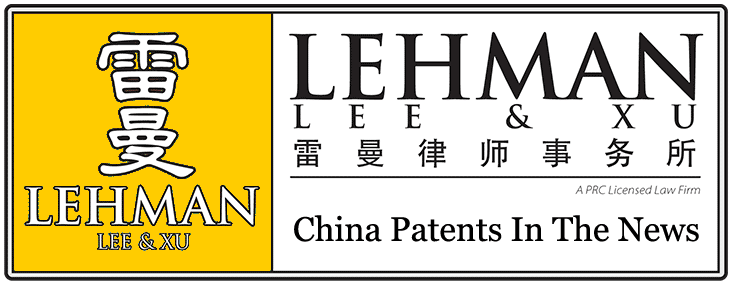China has amended its intellectual property laws in order to allow the government to issue compulsory licenses for local generics makers to produce drugs which are still in patent.
The State Intellectual Property Office (SIPO) has reported that a revised version of Measures for the Compulsory Licensing for Patent Implementation took effect on May 1, allowing officials to issue compulsory licenses (CL) to local firms in cases of state emergencies, unusual circumstances or in the interests of the public.
The moves also permits domestic firms which receive the licenses to be able to apply for permission to export their versions of the patented drugs, for "reasons of public health."
According to Reuters, China is looking in particular at Gilead Sciences' Viread (tenofovir), a critical drug used in a combination first-line HIV treatment which is recommended by the World Health Organisation (WHO).
Last July, Gilead became the first drug maker to sign up for the Medicines Patent Pool, which was established in 2010 by UNITAID to improve access to HIV/AIDS and hepatitis drugs in developing countries. The agreement allows for the production of generic versions of Viread - on payment of a small royalty to Gilead - for supply to 111 countries, but not China.
Moreover, the Global Fund to Fight AIDS, Tuberculosis and Malaria is set to end its HIV/AIDS drug funding for China next year.
Reuters also quotes Paul Cawthorne of international aid agency Medecins Sans Frontieres as noting that, since China amended its patent laws, Gilead has offered the country certain concessions relating to the supply of Viread, including donating a sizeable amount of the drug if the government continues buying it in the same quantities. "The end game is OK - you get a better deal or you use the CL, it's a strategy that many countries use," he commented.
China's patent law amendments follow a similar recent move by India, which in March granted the country's first CL, to local generics maker Natco, for Bayer's Nexavar (sorafenib), used in the treatment of liver and kidney cancers, after the German company "failed to ensure affordable access to the drug."
However, India's Patent Office limited the CL for domestic supply only, not export, and China's decision to allow the CL holders to apply for permission to export as well signals the country's ambitions for its generic drugs industry both domestically and on the international market, according to experts.
Web link: http://www.pharmatimes.com/Article/12-06-13/China_amends_patent_laws_to_enable_compulsory_licensing.aspx
|

